
In his May 22 Op-Ed in the Washington Post entitled “Democrats’ complaints about CHIP funding are hypocrisy in its purest form,” Office of Management and Budget (OMB) Director Mick Mulvaney attempts to defend his proposal to rescind or raid $7 billion out of the Children’s Health Insurance Program (CHIP) by launching a partisan attack on those concerned about protecting the health of children.
However, Members of Congress, regardless of their political party, are right to oppose the Trump Administration’s rescission proposal, as it disproportionately targets children for cuts and unnecessarily puts at risk their health coverage.
First, it is critically important to understand that CHIP is financed with a block grant, and therefore, it fails to adjust for economic recessions, epidemics, medical inflation, or natural disasters which all threaten the health of children. Consequently, in the program’s early years, states repeatedly faced funding shortfalls and responded by imposing waiting lists and enrollment freezes upon children without regard to their health status or medical condition.
In recognition of the fact that waiting periods and enrollment freezes threatened the lives and well-being of children, Congress revamped CHIP’s financing in a number of ways, including the creation of the Child Enrollment Contingency Fund in 2009, which is what Mulvaney is now threatening to slash by nearly 80 percent. The CHIP contingency fund acts as a critically important backstop that protects states from running out of federal CHIP funding when need rises.
Consequently, today no state has enrollment periods or waiting periods for children’s coverage, and the uninsured rate for children has dropped by two-thirds since CHIP’s inception.
It would be an enormous mistake to mess with that success. And yet, that is precisely what the Trump Administration is proposing.
In fact, rather than protecting kids, Mulvaney has a rather disturbing history of repeatedly threatened the health of children. For example, earlier this year, the Trump Administration proposed cutting CHIP by $5.9 billion and Medicaid by $1.4 trillion. These budget proposals would have had negative and far-reaching consequences on the health of children and, fortunately, were rejected by Congress. Most people understand that, if we truly value our kids and our nation’s future, we must make the necessary investments in helping children achieve their full potential.
And yet, in his Washington Post Op-Ed, Mulvaney is now proposing yet another $7 billion cut to CHIP by attempting to argue that children won’t be hurt because the contingency fund “will not be spent.”
Unfortunately, even if it is unlikely that the contingency fund will be tapped this year, Mulvaney fails to understand the fundamental purpose of a contingency fund. The fact is that nobody — not even the OMB Director — can guarantee there will not be an economic recession, a health epidemic, or a natural disaster (in fact, Hawaii is currently responding to an active volcano and subtropical storm Alberto is currently developing in the Gulf of Mexico) through the rest of the year.
Furthermore, Mulvaney’s assertion that the Congressional Budget Office (CBO) doesn’t anticipate any of those things will happen is completely meaningless. At best, the Committee for a Responsible Federal Budget (CRFB) can only say that the contingency fund “will very likely not be spent.” Again, that is neither helpful nor informative, as the Google dictionary defines “contingency” as “a future event or circumstance that is possible but cannot be predicted with certainty.”
As a result, raiding the contingency fund with $7 billion in cuts before the end of the fiscal year undermines the very purpose of the Child Enrollment Contingency Fund, and consequently, needlessly puts the health of children at risk. That is both irresponsible and unacceptable.
It also explains why over 500 national, state, and local organizations have written a letter in opposition to the proposed $7 billion CHIP rescission.
All of this raises some important questions about the motivations of the Trump Administration in their rescission proposal.
First, out of thousands of programs across over 430 departments, agencies, and sub-agencies in the federal government, the Trump Administration is proposing that nearly half ($7 billion out of the $15 billion) of the cuts in its rescission package should come from just one program: the wildly successful and popular Children’s Health Insurance Program. In a budget where children make up just 8 percent of all federal spending, why disproportionately target children for the bulk of these cuts?
Second, if the Trump Administration truly wanted to make its case for slashing the Child Enrollment Contingency Fund in CHIP by nearly 80 percent (from $2.4 billion to just $500 million), the time to do so was during the lengthy and arduous debate over CHIP’s reauthorization and before President Trump signed the 10-year extension of the program into law in February — just three months ago. And yet, at no point during that debate did the Administration raise this issue.
Third, if the Administration were truly interested in being fiscally responsible, it should have opposed the $1.9 trillion tax bill that has blown an enormous hole in the national debt. Unlike the tax bill, the CHIP reauthorization was fully paid for. It is unfortunate that the Administration seems to prioritize interest on the federal debt over children.
Fourth, raiding the Child Enrollment Contingency Fund doesn’t save money. As Mulvaney himself points out, the Child Enrollment Contingency Fund is automatically restored at the beginning of every fiscal year and is capped at 20 percent of that year’s CHIP allotment. Therefore, whatever money is taken out in one year is simply replaced in the following year. Over a two-year period, any raid on the contingency fund must be replaced, and so, cutting it doesn’t save a dime.
In a speech by the President earlier today, Fox News reports that he said, “Every child is a precious gift from God.”
.@POTUS: "Every child is a precious gift from God." pic.twitter.com/OszcqMIK2a
— Fox News (@FoxNews) May 23, 2018
If you truly believe that, then how do you justify disproportionately targeting children for budget cuts?
Throughout the process to reauthorize the extend CHIP funding over the last two years, children’s advocacy groups had one simple request of Congress and the President, which was to “do no harm.” It was not ambitious and certainly didn’t ask too much.
And yet, CHIP was allowed to expire for more than four months and families across this country were put under enormous stress worrying about the health coverage of their children before Congress finally acted to extend the program’s financing.
In an Op-Ed in the St. Louis Post-Dispatch, Myra Gregory described the threat that the CHIP funding expiration posed for her 11-year-old son Roland, who was diagnosed with lung cancer earlier this year. In the editorial, Gregory wrote:
I understand that our society is divided right now. I understand that Republicans and Democrats can have honest differences of opinion. What I cannot understand is how the U.S. Congress could make the health security of kids like Roland a guessing game, and their lives bargaining chips. Watching my baby fight for his life this past year has been agonizing. I’ve held him in my arms while he cries in pain, I’ve experienced anxiety and stress I thought I would never overcome, and I have had to have conversations with Roland’s younger brothers that no child should have to have. I have always known that our situation could get worse, but I never imagined that Congress would be an obstacle in my son’s battle with cancer.
Rather than, once again, threatening or putting the health of children at risk with this rescission, the President, his staff, and Congress should aspire to actually help improve the lives and health of children. According to a recent study published in Health Affairs:
The United States has poorer child health outcomes than other wealthy nations despite greater per capita spending on health care for children… While child mortality progressively declined across all countries [from 1960 to 2010], mortality in the US has been higher than in peer nations since the 1980s. From 2001 to 2010 the risk of death in the US was 76 percent greater for infants and 57 percent greater for children ages 1–19.
When it comes to children’s health, child and infant mortality is an issue that demands Congress’s attention but continues to be ignored. As Dr. Bill Gardner writes:
Let’s view this as an opportunity: We have discovered that each year there are 20,000 lives that could be saved.
Don’t these children also count as a “precious gift from God?”
Unfortunately, right now, children in this country are under assault — both literally and figuratively. If the Administration and Congress won’t do good things for kids, then we can, at the very least, that they “do no harm.” Now is simply not the time to reopen the CHIP financing structure and potentially put at risk the health coverage of children.
Therefore, Congress should reject any proposal — budget or rescission — by the Trump Administration to cut CHIP, as it is a program that works and has overwhelming support among the American people.
Instead, Congress should allow the contingency fund to serve its purpose, which is to act as a backstop against unanticipated and unforeseen disasters. At the end of the year, if the money is not spent, then Congress and the President can decide what to do.
On this final point, I partially agree with Director Mulvaney, which is that CHIP dollars should not be used “as an ‘offset’ for unrelated government spending sometime in the future.”
CHIP funding was dedicated for children and those dollars should be limited to improving the health and well-being of our kids, if for no other reason, than the disturbing and unacceptable fact we have 20,000 lives that could be saved if our infant and child mortality rates were the same as those in Europe. If there are unspent dollars dedicated to children’s health, we should consider using them to combat infant and child mortality or to eliminate the CHIP cliff that threatens the program in 2027.
We can and must do better by our children.
Call or write your Members of Congress and ask them to oppose any proposals to cut CHIP and, instead, to spend their time focusing on finding ways to reduce infant and child mortality.
This piece was also published on Medium.com.
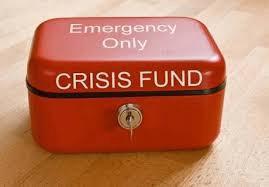
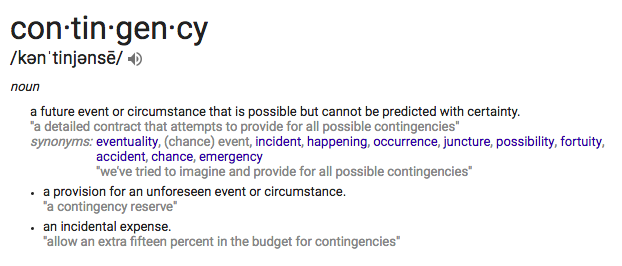
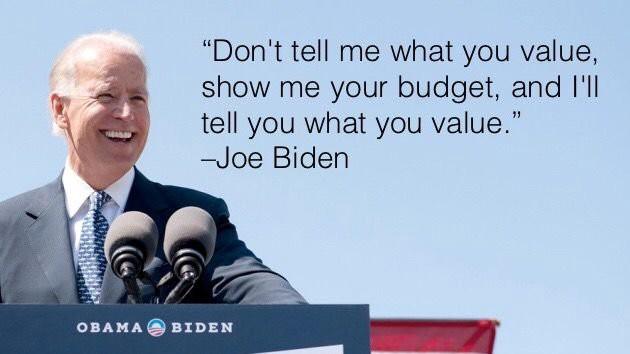
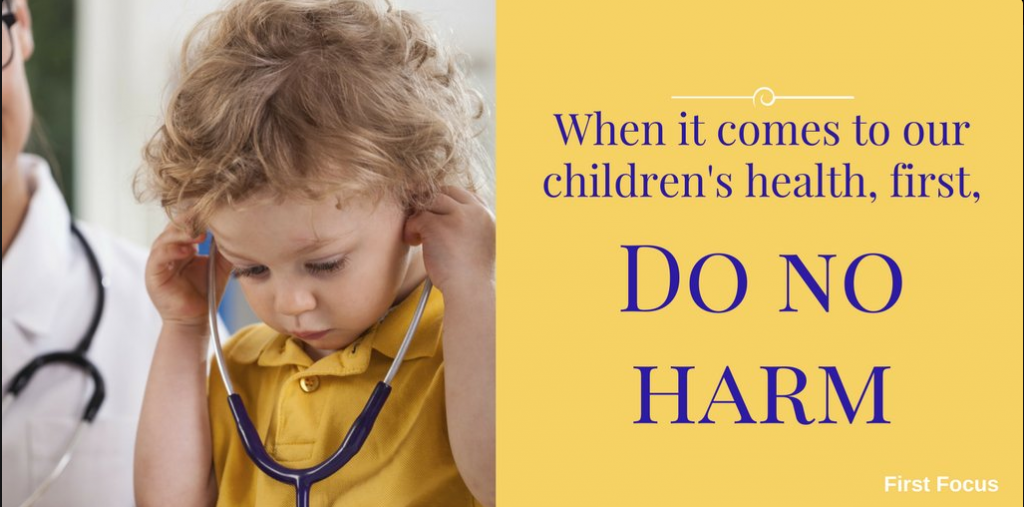
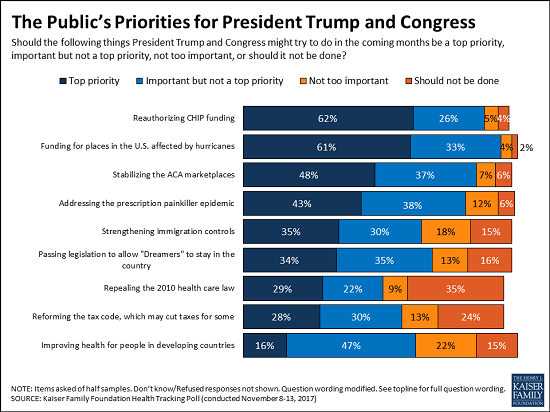


The views and opinions expressed in this post are those of the author(s) and do not necessarily reflect those of MomsRising.org.
MomsRising.org strongly encourages our readers to post comments in response to blog posts. We value diversity of opinions and perspectives. Our goals for this space are to be educational, thought-provoking, and respectful. So we actively moderate comments and we reserve the right to edit or remove comments that undermine these goals. Thanks!